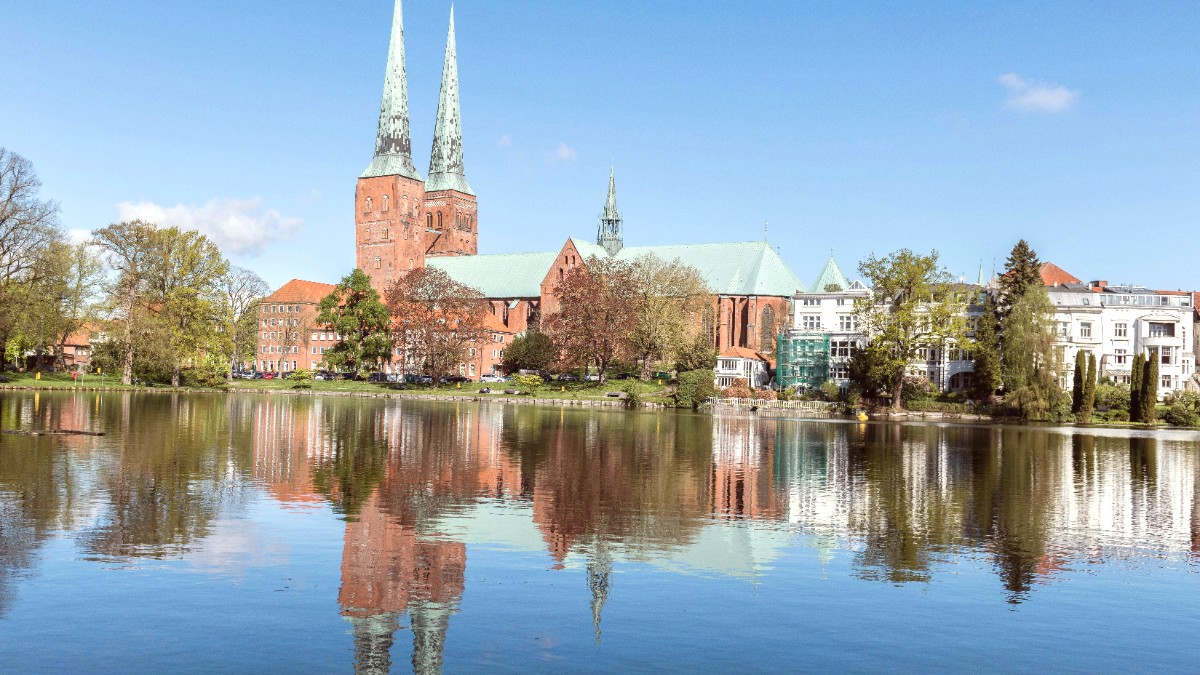
Schleswig Holstein, Germany
Germany's main mobile providers are Telekom, Vodafone, and O2. Prepaid SIM cards are easily obtainable.
Consistent internet access options are present, especially in accommodations and public areas.
German is the official language. English is widely spoken in tourist zones, hotels, and among younger populations.
Germany's national postal service, Deutsche Post, makes sending mail simple.
A few German phrases are appreciated. When interacting with strangers, begin with formal address ("Sie").
German business hours vary by type of establishment, notably with Sunday closures.
Typically open Mon-Fri 9/10 AM to 6/7 PM. Sat until 4/6 PM. Generally closed Sunday.
Often open Mon-Sat 7/8 AM to 8/9 PM. Closed Sunday.
Lunch generally 12-3 PM. Dinner 6-11 PM. Some close between services.
Opening hours typically 10 AM to 5/6 PM. Many museums are closed on Mondays. Seasonal variations are present.
Banks operate on typical weekday schedules. ATMs (Geldautomaten) are widely available 24/7.
Most shops, banks, and public services close on public holidays. Restaurants and tourist sites may operate with reduced hours.
Embracing local customs can enrich your experience and foster positive interactions.
When meeting people, a handshake is standard. Use formal address ("Sie") with strangers or in formal situations.
Germany generally has a casual dress code, though neatness is appreciated in public settings.
Tipping is customary but at lower percentages than in some other countries. Service charges are usually included in prices.
Photography is generally permitted in public spaces. Be mindful of privacy when taking pictures of people.
Politeness and observing local behaviors go a long way in ensuring pleasant interactions. Germans value directness.
Lübeck makes efforts toward accessibility, though its historic areas present unique challenges.
The city's public transport aims for accessibility. Sidewalks in the Old Town have uneven sections.
Many public buildings and major museums are equipped for wheelchair access. Some historic sites might have limits.
Public transport typically provides both visual and auditory announcements. Museum resources vary.
Lübeck Tourist Information may offer specific brochures or advice. User-generated reviews are also a source.
Contacting venues directly or checking their websites for the latest accessibility information before your visit is a good step.